Islamists, tribes, trends: Getting it right and wrong in the Libyan elections
In retrospect, Libya’s first elections since the rise and fall of Muammar Gaddafi went fairly smoothly.
I was right about that.
I kept telling the armchair naysayers their doomsday predictions were based on well, sitting on their asses in their armchairs. But who listens to me?
Results trickling in from the July 7 poll show a modernist, nationalist coalition – the NFA (National Forces Alliance) beating the Islamist parties – notably the Muslim Brotherhood’s Justice and Development Party (JDP).
I was wrong about that.
Well, I didn’t come out and predict an Islamist victory of course -phew! I did the usual journalistic hedging: a “test” of whether Libya’s Islamists will “mirror” the political gains of their Tunisian and Egyptian counterparts – that sort of thing.
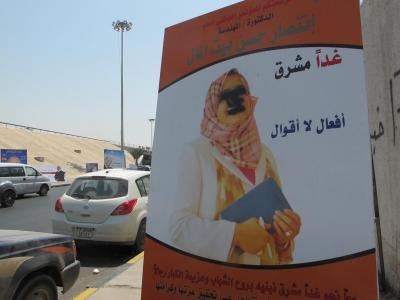
Still, I did think the Brotherhood’s JDP and al-Watan, the other Libyan Islamist party, would do better than the NFA.
But that was until Election Day.
Interviewing voters in orderly lines in both, the men’s and women’s sections of polling stations, I discovered that absolutely everyone I asked said they had voted for “Jibril’s party”.
Mahmoud Jibril is a Western-educated political scientist and former Libyan interim prime minister. As a former member of the National Transitional Council (NTC), Jibril was barred from running for the national assembly. But as NFA chief, he is expected to be chosen as Libya's new prime minister.
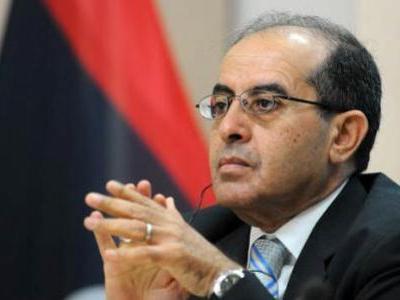
Mind you, I was reporting from the eastern Libyan city of Benghazi, cradle of the revolution – and in recent months, cradle of the discontent against the NTC.
Benghazi of course is the capital of the eastern Cyrenaica province, and there are widespread fears that the Gaddafi-era marginalization of the province will continue in the new Libya. You can read all about that here.
At Benghazi’s Yusuf Bukar School - which had turned into polling station No. 52 for the day – one man told me he was happy to be voting out the NTC. “In my opinion, the NTC did nothing,” he said.
The newly-elected temporary parliament takes over from the NTC.
But when I asked him for which party was he voting, he promptly said, “Jibril’s party” - regardless of the fact that Jibril is closely associated with the NTC.
In a blog post on the October 2011 liberation speech following Gaddafi’s death, I took NTC chief Mustafa Abdel Jalil’s declaration that sharia law would be the source of future Libyan legislation to declare, “No Surprises, an Islamic State in the Country of Men”.
So what happened between October 2011 and July 7, 2012?
The answer lies east of Libya - in the tiny, wealthy, Gulf emirate of Qatar, home to the influential al Jazeera TV station.
In early 2011, while in Benghazi to cover the uprising, I watched as planes, undoutedly bearing arms and aid from Qatar, arrived at the Mohammed Tuhami Air Base near Benghazi airport.
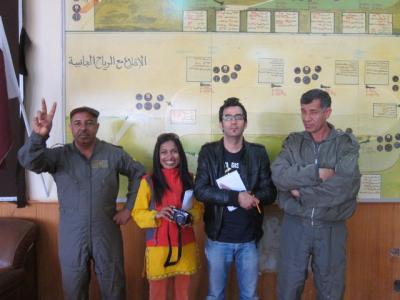
My hosts, Libyan Air Force pilots grounded by the no-fly zone rules, freaked out when I tried to photograph a Qatari plane taking off.
But everyone knew that while the Americans, French and Brits were bombing Gaddafi installations under the NATO mission, Qatar was supplying the assault rifles and anti-tank rockets for the boots on the ground.
And everyone was very grateful to Qatar.
What a difference a year-and-a-half makes.
Today, Qatar is reviled across much of Libya. I watched a sweating Al Jazeera team at a Benghazi demonstration try to cool down tempers when the crowd saw the familiar Jazeera logo.
Who would think that Jazeera, of all people, would have a problem covering an Arab Spring story?
You see, many Libyans today believe tiny, inordinately rich Qatar is funding Islamists in their country in order to project influence in the North African nation and in an attempt to use Libya as a pawn in Qatar’s all-consuming war of influence with its larger, Sunni, Gulf emirate neighbor, Saudi Arabia.
Many Westerners believe Qatar, with its Al Jazeera station, its cultural centers and foundations and trust funds, is a cut above Wahabi-extremist Saudi Arabia.
My Libyan friends, who are also Sunni Muslim, tell me they know better. They note that Qatar follows the austere Wahabi branch of Islam, that it’s a monarchy with no real interest in democracy. Qatar, they claim, is supporting Islamist groups as a means to meddle in Libyan affairs.
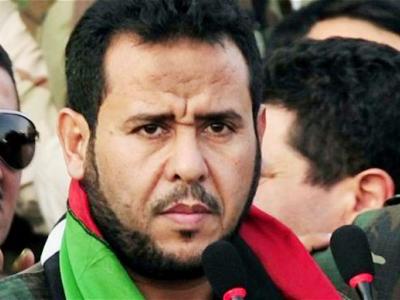
Two Libyan figures in particular are seen as Doha’s pawns: Sheik Ali Salabi, a radical preacher who spent years in exile in Doha during Gaddafi’s reign and Abdel Hakim Belhaj (above), former emir of the Libyan Islamist Fighters Group (LIFG) and current superstar of the al-Watan party.
Libyans, by the way, only half-joke when they say the al-Watan party’s mauve-and-white colors come from the Qatari flag.
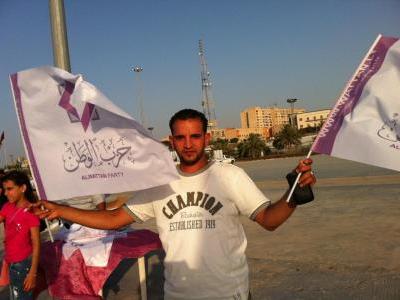
“Play another game Qatar,” read a poster at a Benghazi demonstration. Ahmed Shahati, the man holding the poster, started shouting when I asked him what was his message.
“Qatar wants the Muslim Brotherhood in all Arab countries,” yelled Shahati. “We’re Libyan, we don’t want the Brotherhood. We have our own history, we have our own society, we don’t want Qatar here.”
Some Libyans believe Egypt is also projecting influence into Libya through the Brotherhood’s JDP party. Ordinary Libyans, they say, are not interested in the Brotherhood’s vision of an Islamist state.
I have no proof to back this view. But I can tell you that most of the high profile Brotherhood candidates and supporters I interviewed had lived, not in Egypt, but in places such as Dublin, Manchester and London, where they had their first brush with the Muslim Brotherhood message.
But then again, if you were sympathetic to the Brotherhood’s ideology under Gaddafi, chances are you would move out of Libya if you valued your life.
The “foreign influence” is also hard to accurately read in a sparsely populated country with a miniscule 5 million people, a disproportionate number of who fled Gaddafi’s whimsical tyranny to live abroad.
But a word of caution before we start wondering if Libya is going to block the wave of Islamism sweeping over North Africa.
The NFA’s robust results vis a vis the Islamist parties are for just 80 of the 200 seats in the new assembly.
A whopping 120 of the 200 seats are reserved for independents and nobody really knows how the independents will align themselves in the new parliament.
As I noted in my pre-election piece on Libya’s Islamist parties, independent candidates, under the election rules, can be political party members. So the real test of a party’s strength will only be evident days after the election results.
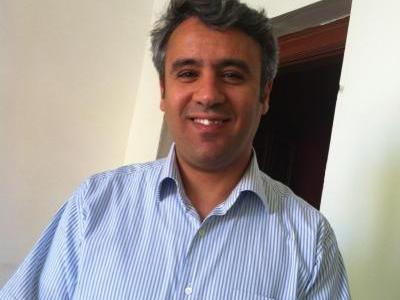
Nizar Kawan (above), a popular independent candidate in Tripoli’s Hay al-Andalous district, is a member of the Brotherhood’s JDP, but he ran as an independent. His JDP colleague, Majda al-Fallah, got the party ticket for the district.
Among the reasons al-Fallah got the party stamp was that as a woman, she helped the JDP fulfill its 50 percent female candidate quota, required under Libyan electoral law.
“We discussed this issue in our party and we decided that we must support women. So, Majda would run as the party candidate and I am running as an independent,” explained Kawan. “I think it’s a very good decision. Majda is very qualified, she has strong leadership skills and has a good chance, so we support her.”
Also, it’s important to note that the NFA has been careful to steer clear from calling themselves secular while carefully noting that the coalition includes Islamist and non-Islamist groups.
The New York Times’ David Kirkpatrick points out that Jibril is a member of Libya’s most populous Warfala tribe. Jibril’s coalition, Kirkpatrick noted, is not doing well in Misrata, where "the Misurata tribe has a rivalry going back generations with Mr. Jibril’s Warfalla tribe".
Tribal ties then seem to have played a role in how Libyans voted. So much for the experts, during the 2011 uprising who dismissed the importance of Libya’s tribes.
But that’s democracy in all its tarnished charms for you.
In any case, days after the July 7 poll, it’s abundantly clear that Libya - a country oppressed and largely isolated under 42 years of Gaddafi’s rule - succeeded in holding a commendable election. On that, at least, I’m not wrong.


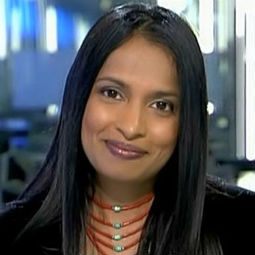

0 Comments
Post new comment